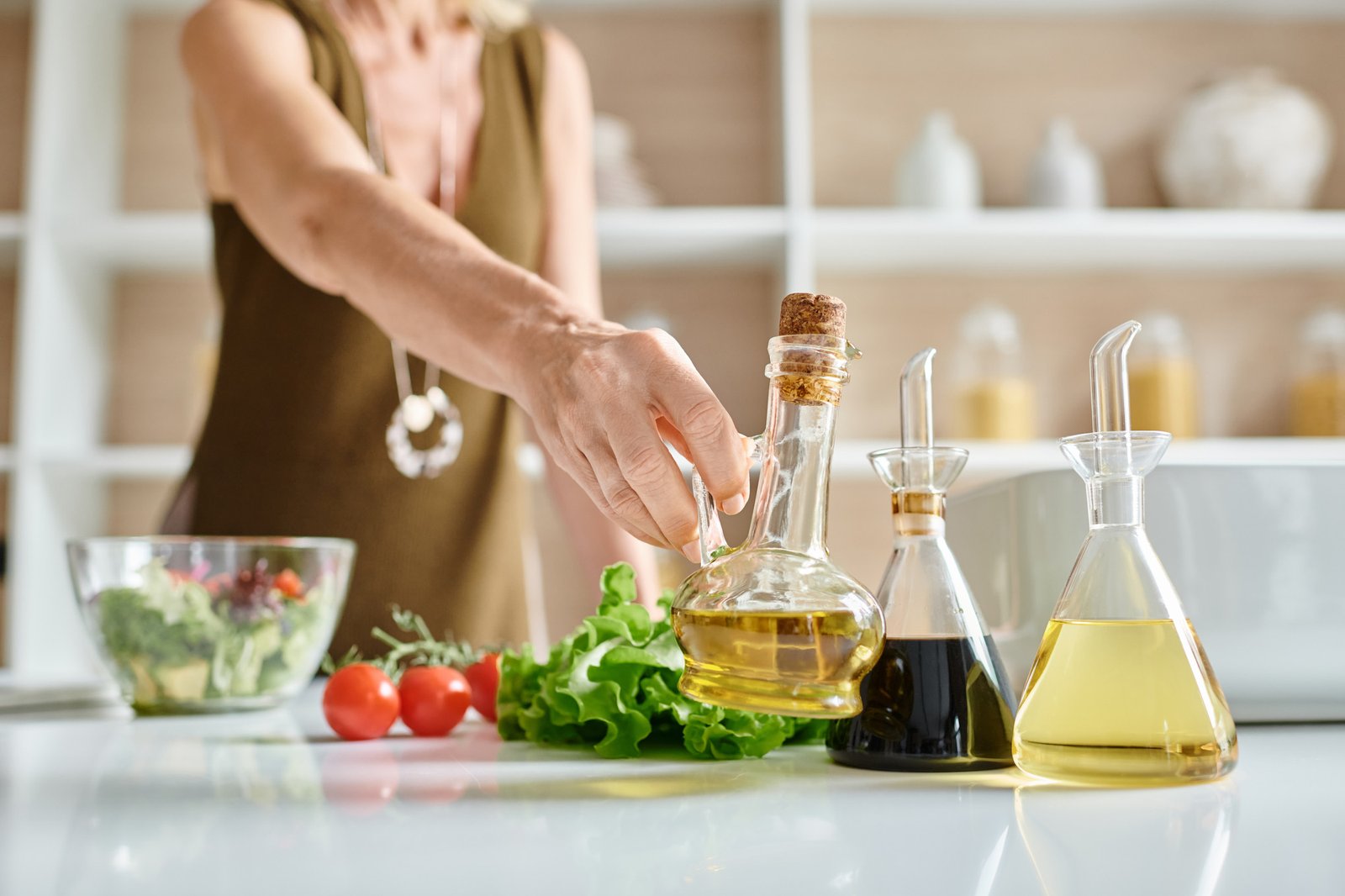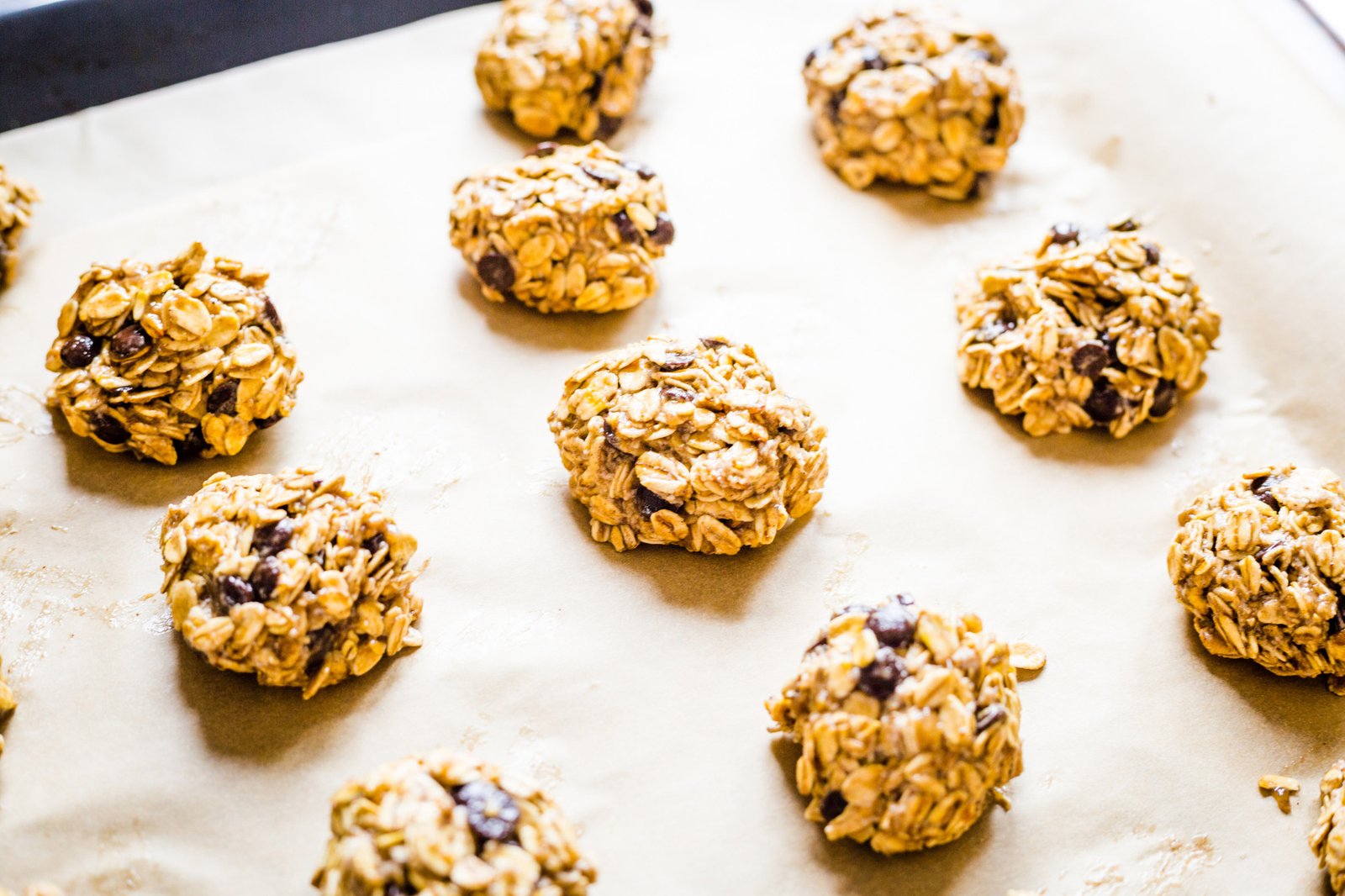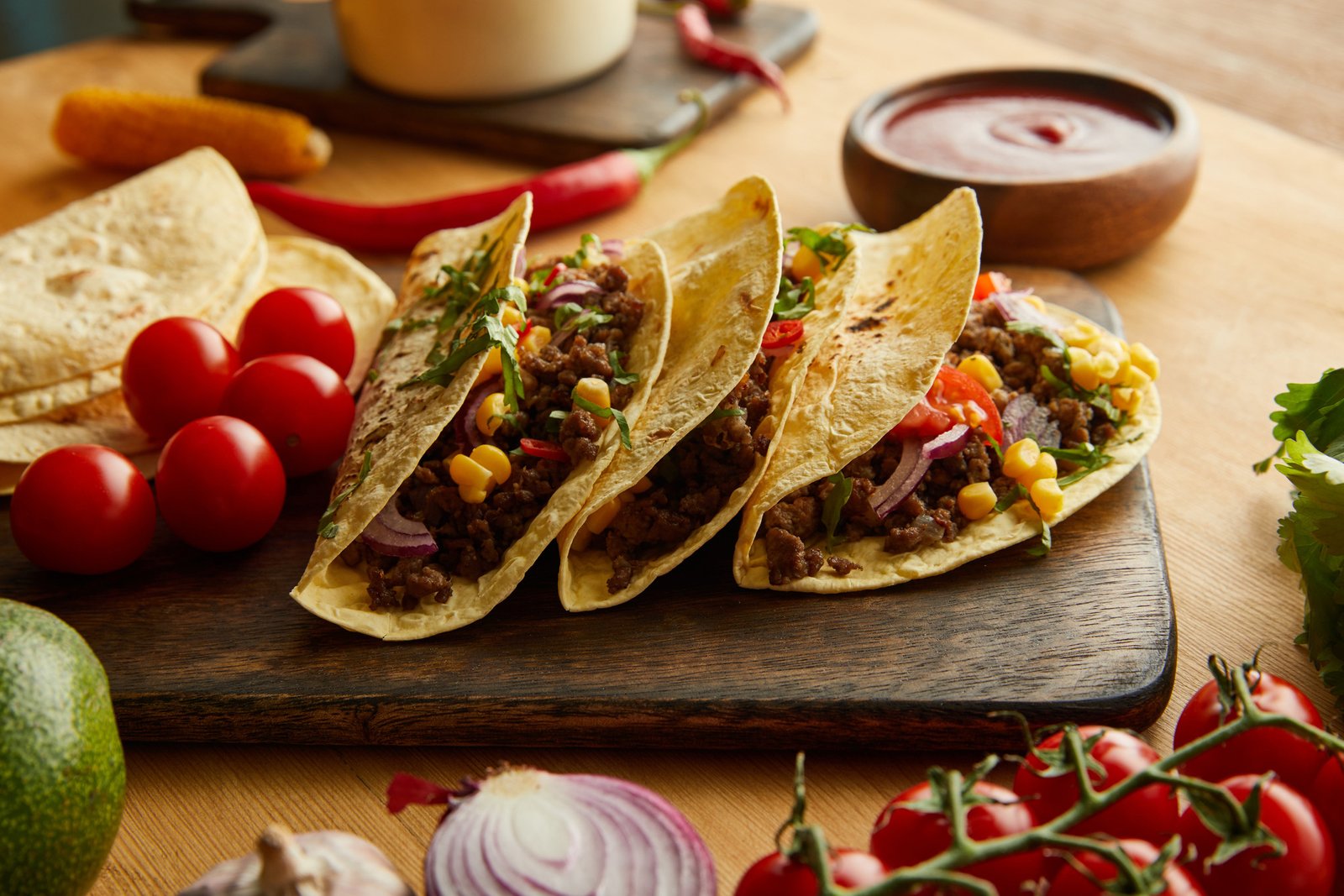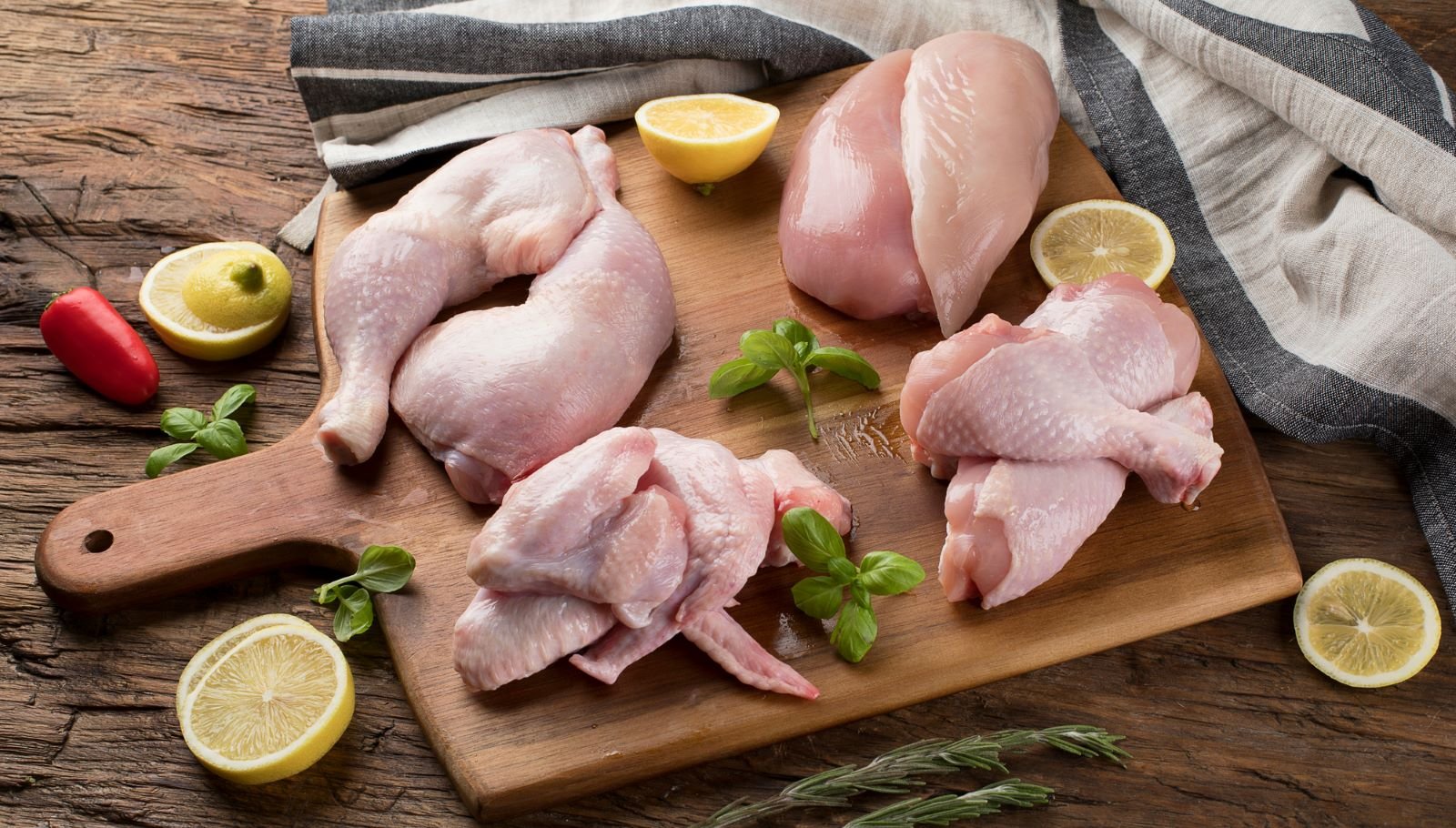In the quest to eat healthy, people inadvertently eat many foods that seem healthy but aren’t. Even though they are advertised as healthy, they are loaded with sugar, sodium, or other preservatives that harm the body more.
Read on to learn 12 foods that sound healthy but aren’t.
Hazelnut-Chocolate Spread

The lure of the smooth chocolate spread enriched with the goodness of hazelnuts is too tempting to resist, but check the ingredients list, and you will find the lies you are being fed. The main ingredients in the spread are sugar and palm oil, and neither is nutritious. Hazelnuts are in fifth place in the order of the ingredient list; that’s hardly bringing any goodness to your body. You’d be better off with peanut or almond butter.
Flavored Yogurt

Most doctors call yogurt a superfood for its gut health benefits, however, they surely do not mean flavored yogurt. Flavored yogurt is packed with artificial colors, flavors, and sugars, which cancel out the health benefits your body derives from the yogurt. It is advisable to try plain, unsweetened yogurt and add fruits and berries of your choice.
Whole Wheat Bread

Whole wheat bread isn’t the healthy food you are looking for. Many companies pack their loaves with high fructose corn syrup, sucrose, glucose, or molasses, apart from salt and preservatives. It is better to consume sourdough or rye bread from reliable sources.
Salad Dressings

While eating salads is a healthy practice, adding bottled dressing to your salad is not. Salad dressings contain soybean oil, canola, high fructose corn syrup, salt, maltodextrin, xanthan gum, additives and preservatives. Check the label of your favorite salad dressing brand, and you will find a two-tablespoon serving has 100 calories, 260 mg salt, and 4 g added sugars. Make your fresh salad dressing from Extra Virgin Olive Oil, Balsamic Vinegar, and lemon juice.
Granola Bars

Do not let a few oats, nuts, and seeds fool you into thinking your granola bar is healthy. It also contains butter, vegetable oil, white sugar, honey, corn syrup, or molasses. If your granola bar has 25 g of added sugar, you’re already at the daily recommended intake for women (24 g) and almost there for men (36 g). If you must eat granola bars, choose one that contains 6 g or less of sugar and 2 g or more of dietary fiber.
Dried Fruit

Dried fruit seems like a healthy snack; it’s fruit, after all. However, dried fruit has high fat and calorie value. Dried fruit being smaller and denser, you can end up consuming large amounts in a single serving, which you wouldn’t do with fresh fruits. Furthermore, packaged dried fruit is more harmful. Companies use sulfur dioxide (a common food allergen) as preservatives, and sugar to enhance the flavor and make them taste like candy.
Diet Soda

While most people are aware of the health risks of drinking soda regularly, not many know that diet soda is equally bad. Chemical sweeteners like aspartame, saccharin, sucralose, cyclamates, and acesulfame-K are used to sweeten these sodas. These high-intensity sweeteners can lead to weight gain, diabetes, heart disease, high blood pressure, or stroke.
Protein Shakes

A protein shake might seem like a tasty and healthy way to add some protein to your diet, however, you may be wrong about the healthy part. Protein powders contain artificial sugars that can lead to weight gain and whey that can lead to bloating. Researchers have found that many protein powders, even plant-based powders, contain heavy metals.
Fruit Juices

Fruit juices are low in fiber and sources of sugar and liquid calories. Sometimes even 100% fruit juices contain acidity regulators, antioxidants, stabilizers, and colors. It is recommended to eat fresh fruit when possible or consume fruit juices in smaller amounts.
Sports Drinks

Sports drinks contain electrolytes but also contain sugar and artificial food coloring. For a marathon runner or a person leading an active life, it makes sense to consume a sports drink to replace lost electrolytes. However, for the average American, these sports drinks are only an added source of sugar in the diet. They should stick to coconut water or just plain water.
Crunchy Snacks

Be it pretzels or veggie chips, they are not healthy for you. Pretzels made from refined flour and high sodium are detrimental to health. 40 g of pretzels contain 496 mg sodium and provide 154 calories, most of them in the form of white flour.
On the other hand, veggies in the chip form are not healthy either. Many veggie chips are deep-fried and heavily salted. Baked chips are not good either, as most of them are made from corn flour or potato starch and just dusted with spinach or beetroot powder for color.
Processed Deli Meat

A sandwich made with deli meat sounds like an excellent choice for a quick, simple, and protein-rich lunch, but it can be a sodium-saturated meal especially if the meat is processed. Processed deli meats contain high amounts of sodium and preservatives like nitrates and nitrites that have been linked to weight gain, diabetes, cancer, and heart disease. Opt for grilled chicken, hard-boiled eggs, or fish sandwiches instead of a deli sandwich.


